How we create change
Greenpeace Southeast Asia was born from the spirit and actions of those who, together, took a stand to give this region, its nature, and local people a voice. People have always been at the core of our campaigns. They have been and remain our partners in bringing about positive change.
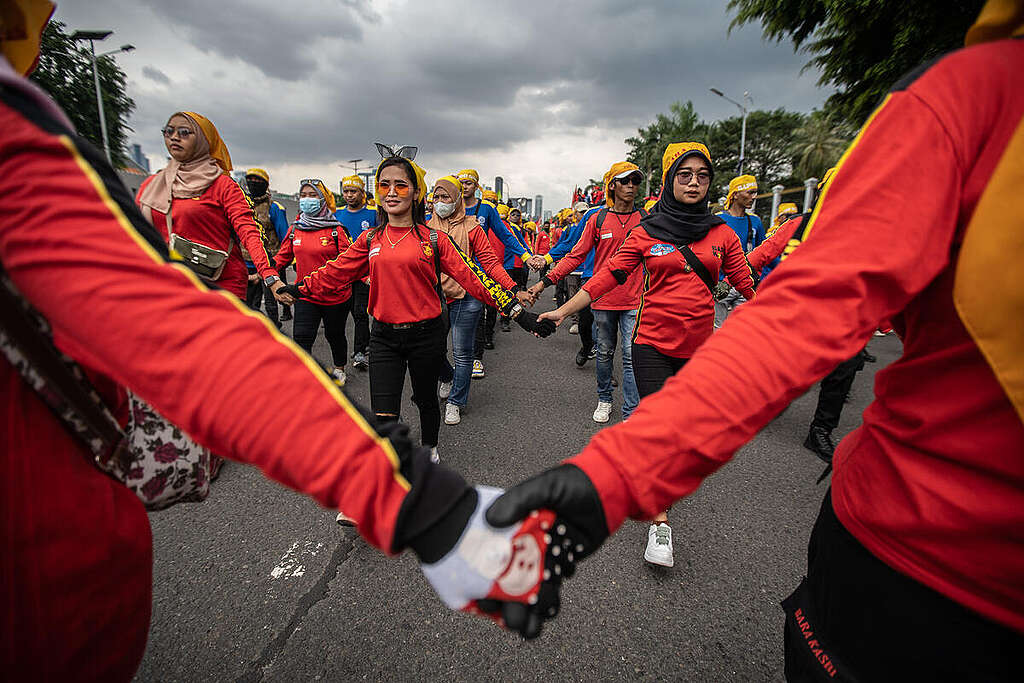
Taking action to conserve and protect the environment
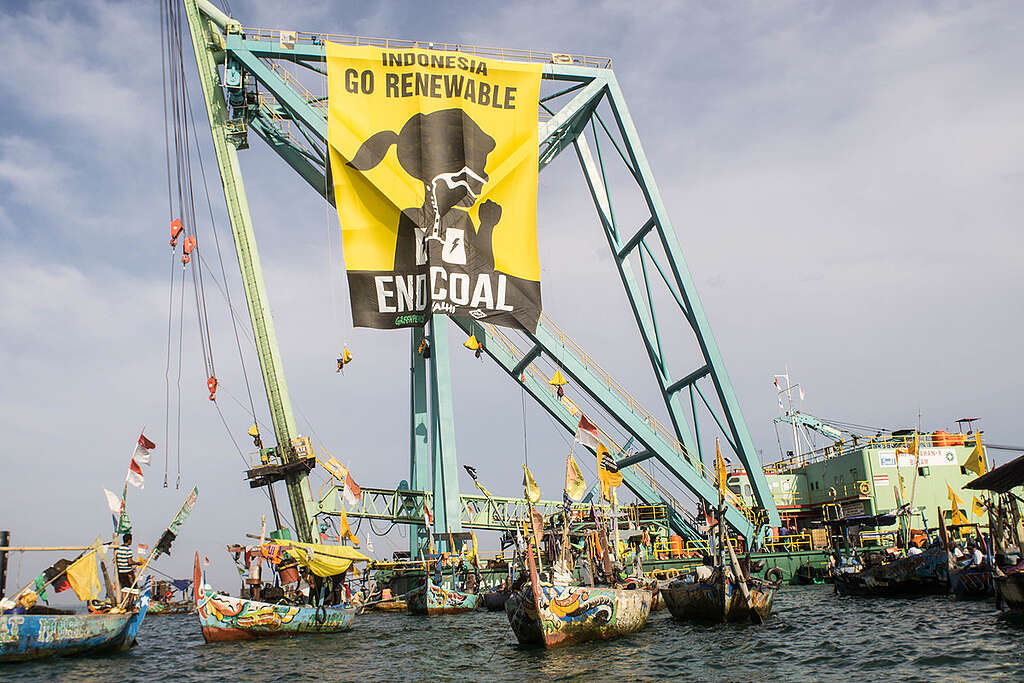
Then and now, Greenpeace investigates, documents and exposes the causes of environmental destruction. We work to bring about change by lobbying governments, putting corporate pressure and mobilising communities and allies. And most importantly, we take peaceful direct action to protect our Earth and promote solutions for a green and peaceful future.
Here’s how Greenpeace works:
> We investigate
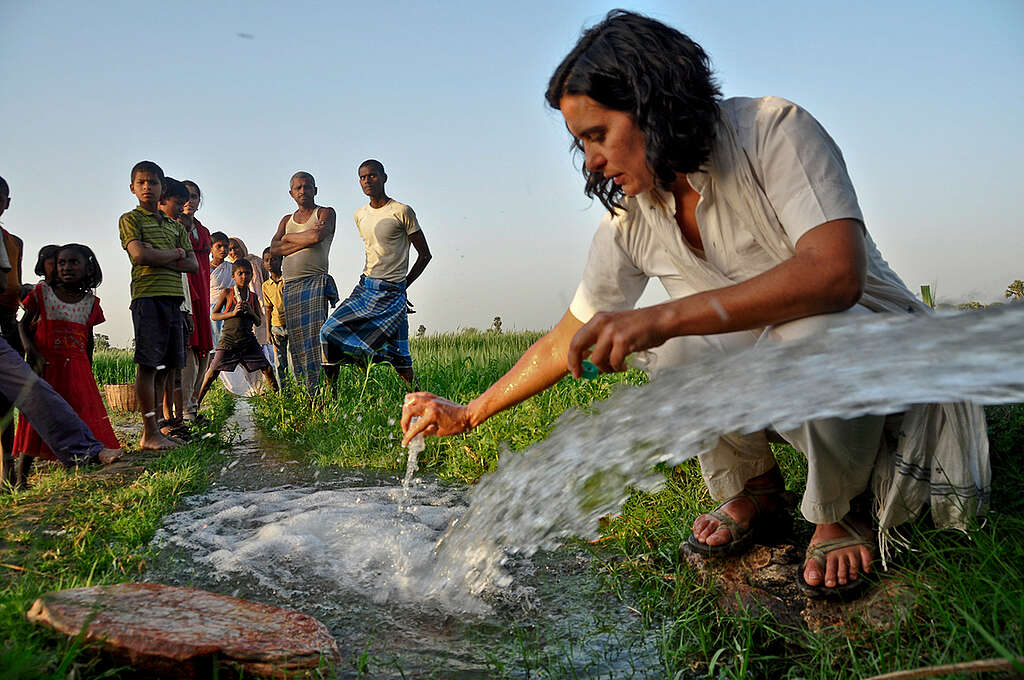
Investigations are a fundamental part of Greenpeace’s campaigns. By investigating, we can expose those responsible for environmental destruction and shed light on the areas of operation that they would rather stay in the dark.
The Greenpeace Research Laboratories (The Greenpeace Science Unit) anchors Greenpeace solidly in science with rigor – the facilities are located within the University of Exeter in the UK. The Unit provides scientific advice and analytical support to Greenpeace campaigns and offices world-wide, over a range of disciplines.
Our investigations provide science-based research and hard evidence on environmental crimes happening and identify who are involved or be held responsible. By doing so, we properly inform the public to enable our campaigns. Using a variety of techniques from field work, satellite imagery, business and financial analysis, and working with whistleblowers, our investigations provide the facts and evidence Greenpeace needs in order to bring about change.
Our investigations have led to expose some of the world’s biggest consumer brands being linked to forest destruction in Indonesia; put the spotlight on UK plastic waste illegally shipped to Malaysia; and uncover modern slavery at sea befalling Southeast Asian migrants.
Read: An interview with Reyes Tirado from the Greenpeace Science Unit.
> We Lobby
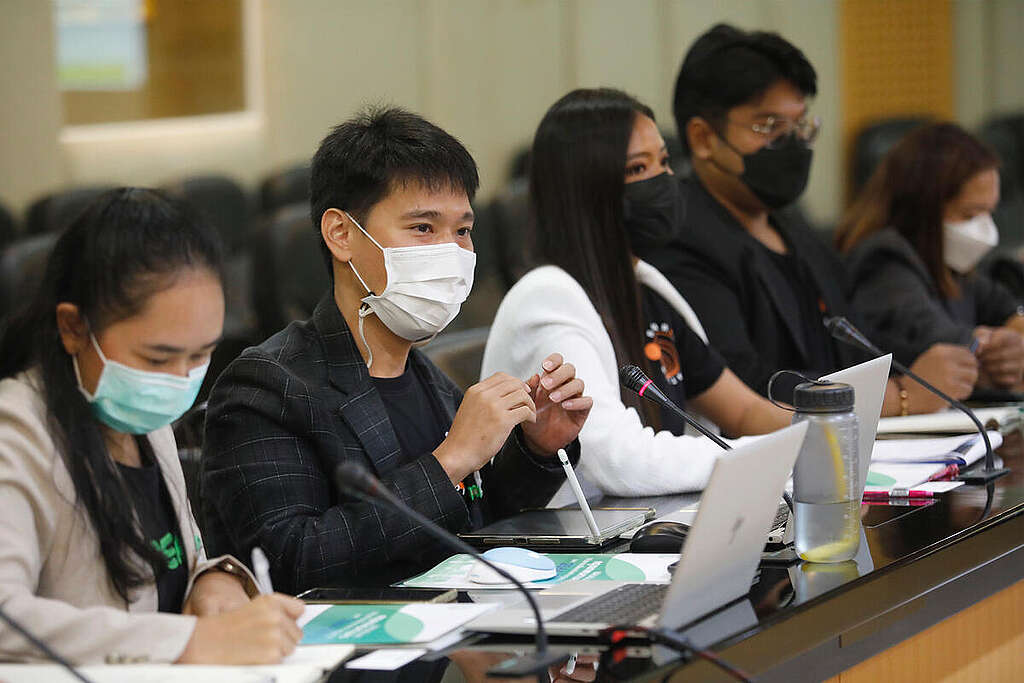
Through lobbying, Greenpeace can encourage and persuade those in positions of power to take the bold steps needed to protect the planet. We make sure that our campaign demands are clearly heard by decision-makers like politicians and business leaders, and we ask them to translate these demands into real action that protects the environment.
We meet with government leaders and politicians to build political support for our campaigns, produce and disseminate reports, organise briefings, and make submissions to consultations and committee inquiries. Through political lobbying, we were able to amend the Philippine Fisheries Code (RA 10654) to have more mechanisms to combat Illegal, Unreported, and Unregulated Fishing – a law that benefits the whole fisheries industry and includes provisions for fish workers.
Globally, Greenpeace campaigns to influence international treaties and conventions on environmental protection so they are as strong and ambitious as possible. We work hard behind the scenes at UN conferences to encourage governments across the world to work together and deliver stronger environmental protections for the benefit of all.
> We Take Peaceful Direct Action
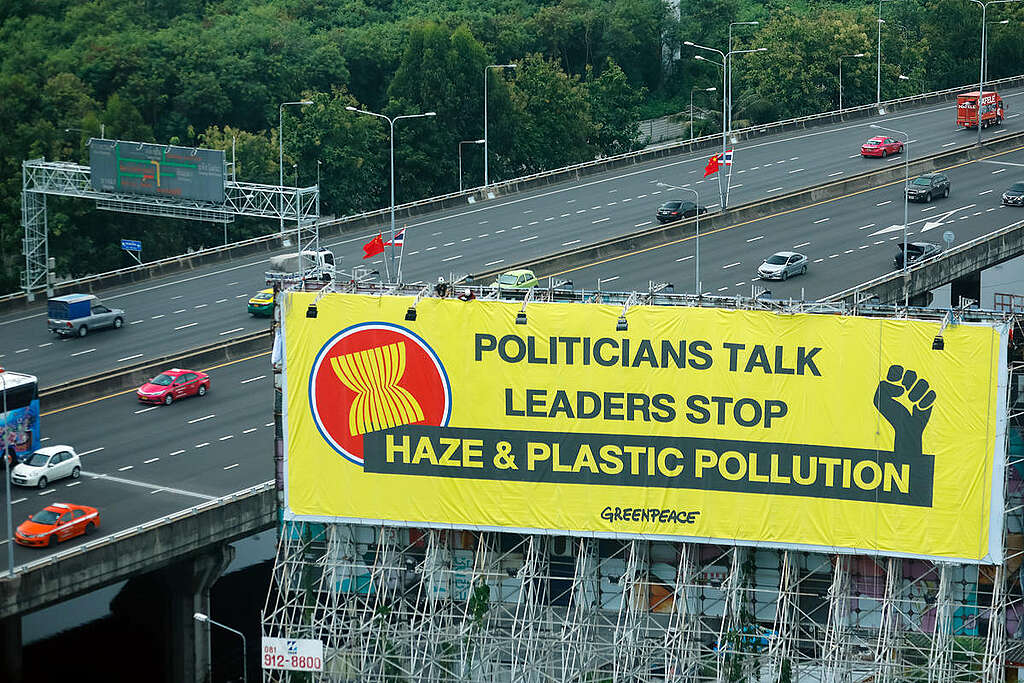
Taking peaceful, non-violent direct action has always been at the heart of our work. Greenpeace was founded in 1971 by a small group of people who set sail in an old fishing boat to try and stop a US nuclear weapons test on an island off the coast of Alaska.
Direct action is about putting yourself on the line to stop an immediate wrong at the scene of the crime. Ordinary people around the world can act to confront those in positions of power with their responsibility for stopping global environmental destruction. We act to raise the level and quality of public debate. Above all, we act to provoke action from those with the power and responsibility to make change happen.
Guiding all of our actions, always, is a commitment to non-violence and personal responsibility. These principles are inspired by the Quaker concept of ‘bearing witness’, which is about taking action based on conscience. Everyone on every Greenpeace action is trained in the principles of nonviolent direct action (NVDA).
Our fleet of ships allows us to take action and bear witness at the scenes of environmental crimes around the world, often in remote and difficult-to-reach places. When taking physical action to stop an environmental wrong isn’t possible, ‘bearing witness’ through one’s physical presence at the scene of the crime is another way to act on conscience and remind those responsible that they have a higher responsibility than the corporate bottom line.
> We work together with People and Movements
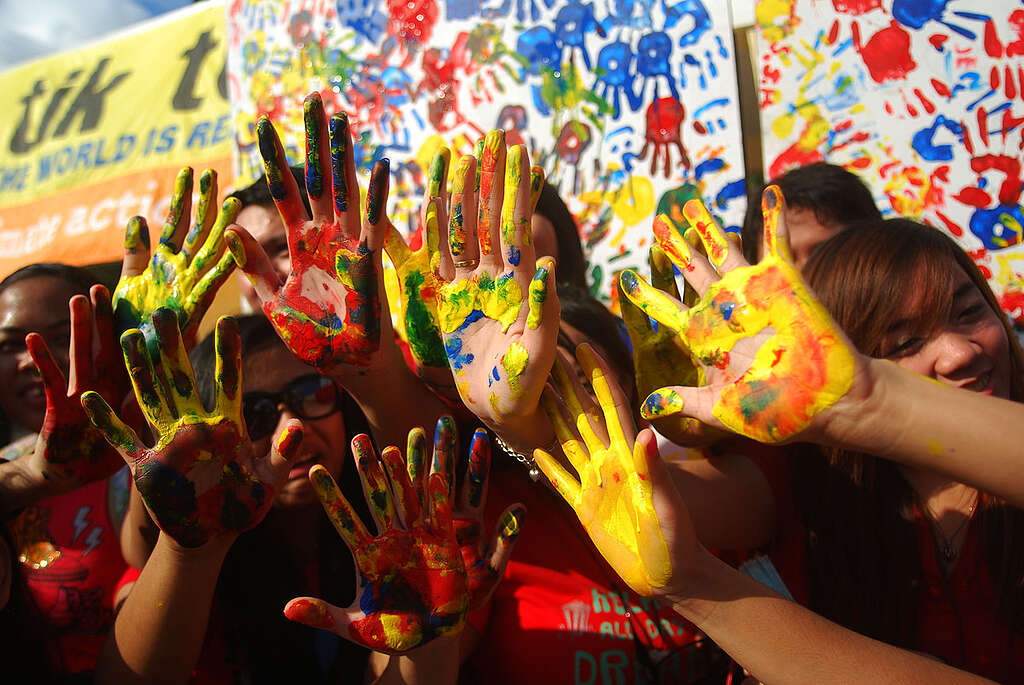
People play a huge and crucial part in Greenpeace’s work. This might be through signing petitions and sharing social media posts, to volunteering to do clean ups and brand audits, to even taking part in creative protests and direct actions. Our campaigns give people a chance to channel their passion for the planet into real action.
Change only comes when a critical mass of people demand it. Greenpeace helps ordinary people achieve momentous change. Our campaigns give them simple and effective ways to make demands of elected politicians or corporations committing environmental harm. From the tens of thousands of messages Greenpeace helps people send, to the almost millions of signatures collected on petitions, Greenpeace enables people all over the world to come together and demand the change they want to see.
Keep me posted!
Sign up as a Greenpeace supporter to get the latest updates and action alerts in your country.
